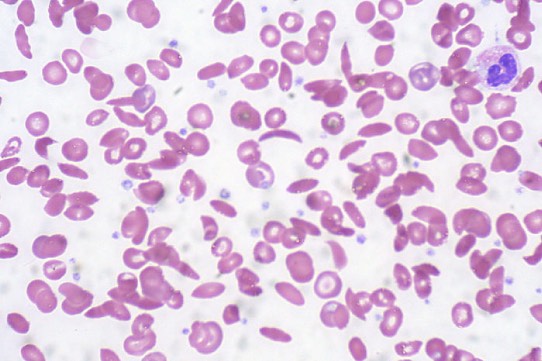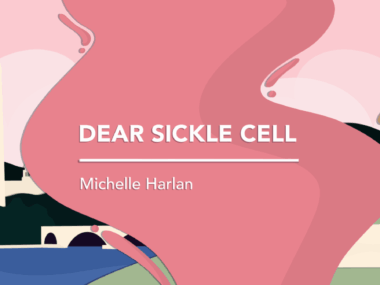U.S. Government Awards Missouri Researcher $4.3 Million to Study Sickle Cell in Teens, Adults
Written by |

The National Institutes of Health (NIH) has awarded a $4.3 million research grant to Dr. Allison A. King of the Washington University School of Medicine in St. Louis to support her research on sickle cell disease, with particular focus on teens and adults.
The grant — believed to be the first of its kind from the NIH — will let King continue and expand her study as part of an initiative being coordinated by the agency’s National Heart, Lung, and Blood Institute. The NHLBI has now awarded $36 million in sickle cell research grants to investigators at eight sites.
A better understanding of sickle cell’s mechanisms in recent decades has led to therapies that have transformed what was once a fatal children’s disease into a serious but manageable condition. But the change has created challenges for young people living with a disease that pediatricians once treated.
 King, an assistant professor of pediatric hematology and oncology, decried the lack of research on teens and adults with SCD.
King, an assistant professor of pediatric hematology and oncology, decried the lack of research on teens and adults with SCD.
“One of the most challenging barriers to overcome in patients with sickle cell disease is transitioning from pediatric to adult health care,” she said in a news release from the university. “Older patients with the condition may experience frequent visits to the emergency room, receive poor follow-up after hospital discharge and have limited access to medications that boost survival and lessen physical pain. Other hurdles are not as clear, but we hope to learn more so we can improve the quality of care for this population.”
King, who treats children and young adults at St. Louis Children’s Hospital and Barnes-Jewish Hospital, is also an associate professor of surgery and a medical director at Barnes-Jewish Hospital and Washington University School of Medicine’s Alvin J. Siteman Cancer Center. She has a PhD as well as a medical degree.
Past studies of children with SCD have demonstrated that early diagnosis and ongoing treatment can reduce symptoms, improve quality of life and prolong patients’ lives, King observed.
The new NHLBI grants, which will fund six years of research, are part of the Sickle Cell Disease Implementation Consortium project. Additional funding from the NIH’s National Institute on Minority Health and Health Disparities has allowed the government agency to commit an additional $6 million to establishing a data coordinating center in Research Triangle Park, North Carolina, as a resource for researchers working on the SCD project.






